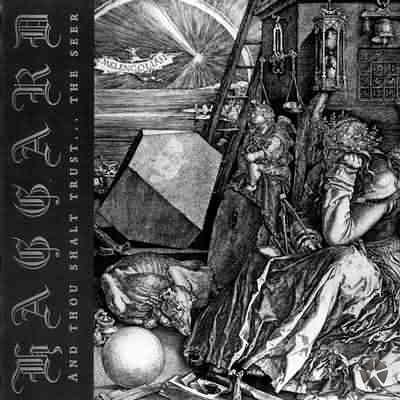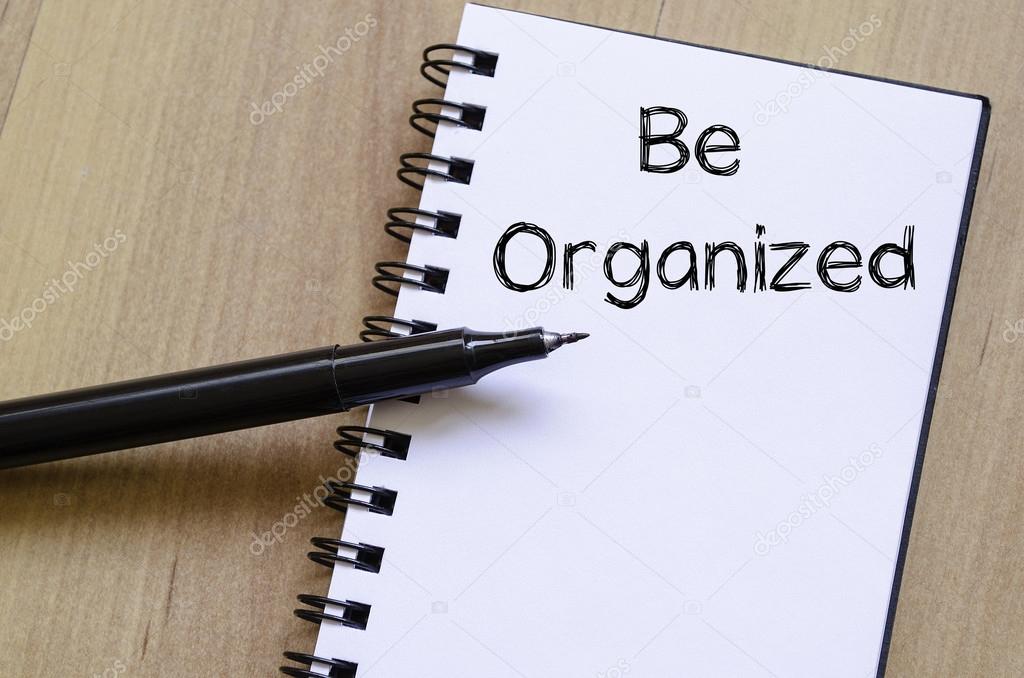IRISH FOOD AND DRINK:
Representative traditional Irish usually dishes include Irish stew (made with
lamb, mutton, or beef), bacon and cabbage (with potatoes), boxty (potato
pancake), coddle (sausage, bacon, and potato), colcannon (mashed potato, kale
or cabbage, and butter), and, in Ulster, the soda farl.
1. Soda
bread:
Every
family in Ireland has its own recipe for soda bread, hand-written on
flour-crusted note paper and wedged in among the cookery books. However, the
basic ingredients don’t change (bicarbonate of soda and buttermilk form the
raising agent, which is mixed in with flour) and nor does the way it’s eaten:
sliced and spread liberally with butter.
2. Shellfish:
Shellfish
abound in Irish cuisine, from clams in Connemara to Molly Malone’s famed
cockles and mussels, and Dublin Bay prawns, which have their own festival held
in Howth.
3. Irish
stew:
One-pot
cooking doesn’t get much simpler than Irish stew, traditionally made with
mutton, onions and potatoes. To avoid the stew being watery some recipes
recommend adding pearl barley, a spoonful of roux or sliced potatoes, while
others reduce the liquid by leaving the stew to simmer.
1. Guinness:
You’ll see this on almost every tap in every pub. The
thick, smooth stout goes down easy. If you find yourself in Dublin be
sure to visit the Guinness Storehouse where you’ll get a taste directly from
the Guinness factory and learn to pull the perfect pint.
2. Black
‘n black:
Guinness with a shot of blackcurrant, it’s usually for people
who want to try Guinness but don’t like the porter bite. It takes the
bite off.
HISTORY OF IRELAND:
Ireland's first inhabitants landed
between 8000 BC and 7000 BC. Around 1200 BC, the Celts came to Ireland and
their arrival has had a lasting impact on Ireland’s culture today. The Celts
spoke Q-Celtic and over the centuries, mixing with the earlier Irish
inhabitants, this evolved into Irish Gaelic. This language and their culture
created a divide between the Irish Celts and the rest of Europe.
One of the biggest events in
Ireland’s history over the last 200 years was ‘The Great Famine’. And if you
are American and have Irish roots, you could probably trace your ancestors to
this period in Irish history.
The late 1800’s saw another push
for Irish independence from England with the rise of Charles Stuart Parnell
(1846 – 1891), one of Ireland’s greatest politicians.
In 1916, Easter weekend, the Irish
Volunteers and Irish Citizen Army launched an uprising. Britain was in the
middle of World War 1.
The momentum now began for Irish
Independence. The next few years saw the rise of Michael Collins (1890 – 1922)
and Eamon De Valera (1882 – 1975).
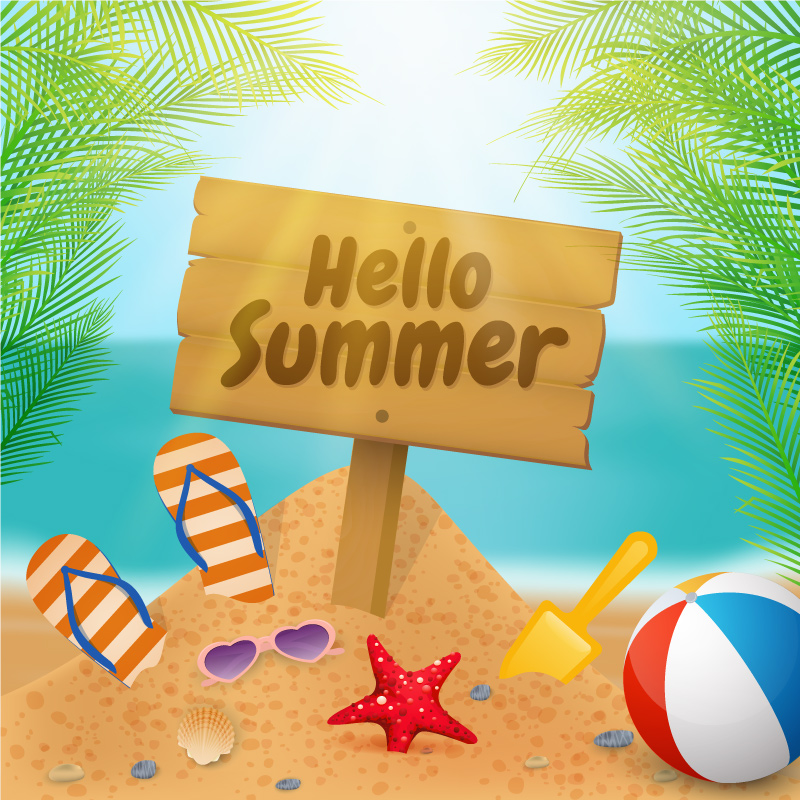


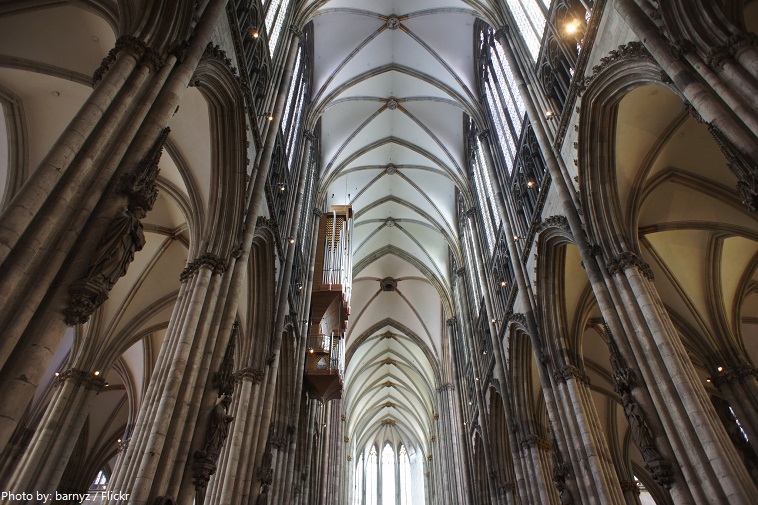

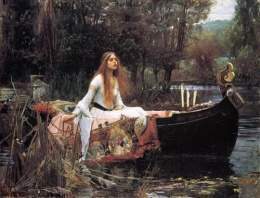
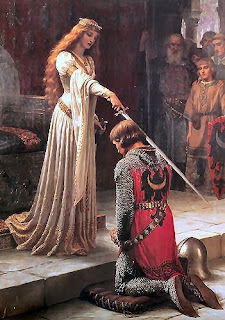
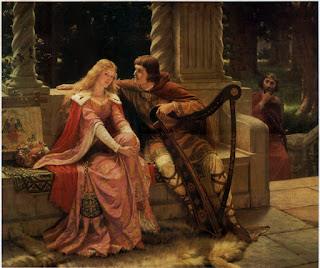
:format(jpeg):mode_rgb():quality(90)/discogs-images/R-1992917-1257286845.jpeg.jpg)
